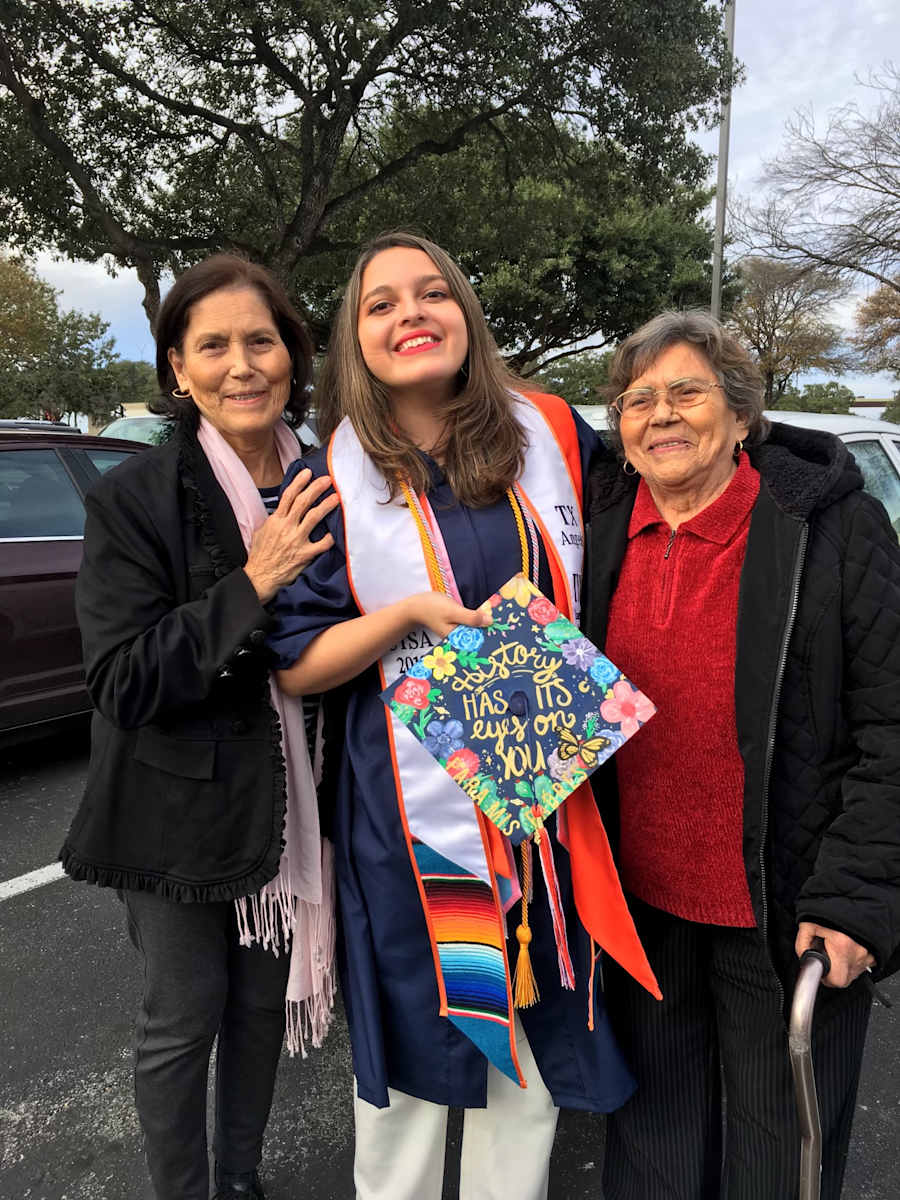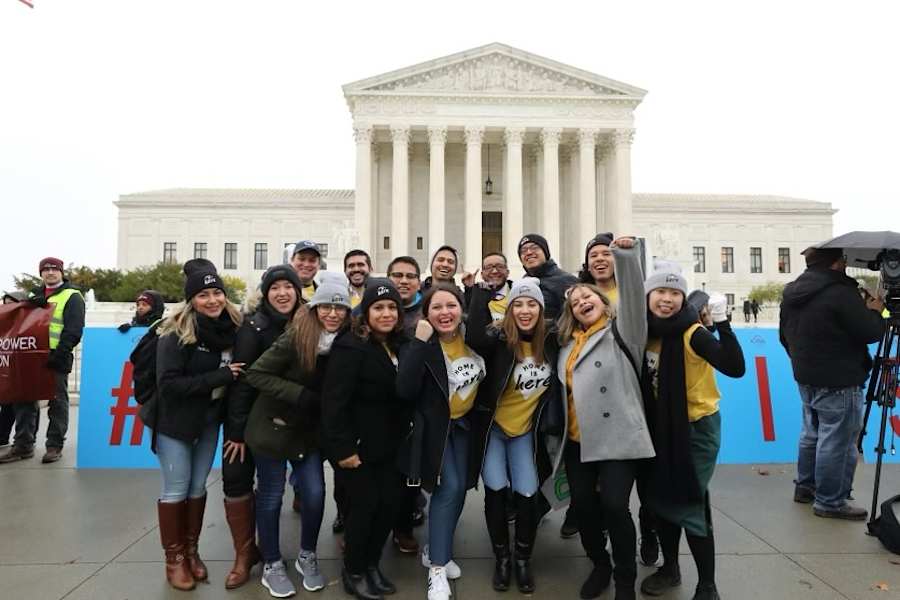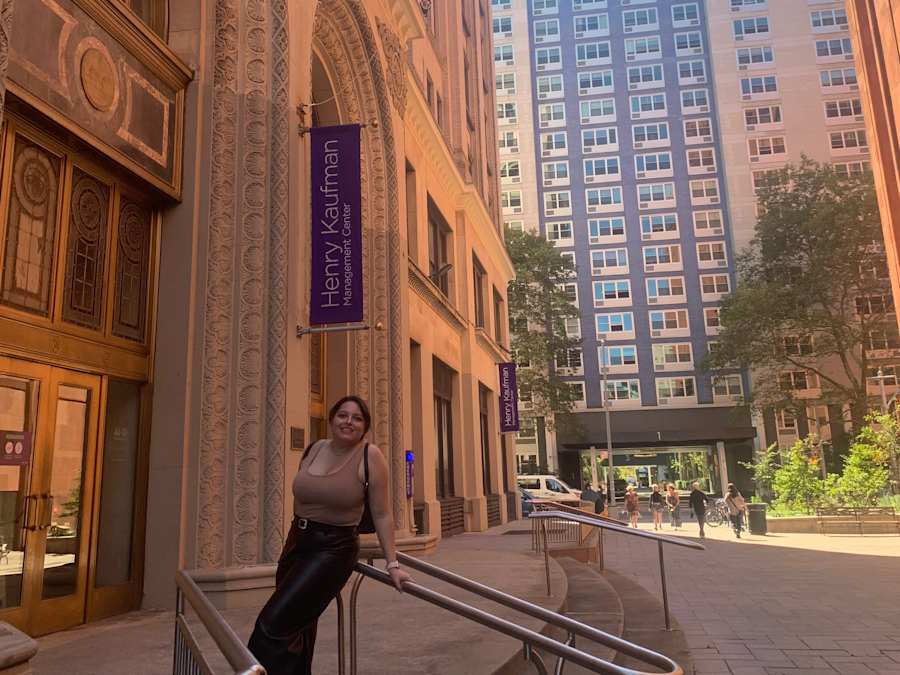SAN ANTONIO – Andrea Ramos says the U.S. is her home but worries a federal judge’s ruling on an immigration policy protecting thousands of immigrant children will put her future in question.
Ramos, 27, grew up in San Antonio. She said she was 9 years old when she was brought into the country.
She said she got her driver’s license, worked at North Star Mall, and graduated from UTSA all because of the Deferred Action for Childhood Arrivals program, or DACA.

“In many ways, DACA has shaped my life for the better,” Ramos said.
She has been a DACA recipient for 10 years. Under a new ruling, she and other recipients can renew their status.
Those who are not under DACA are now prevented from applying.
On Wednesday, U.S. District Judge Andrew Hanen agreed with Texas and eight other states suing to stop DACA. The judge’s ruling was ultimately expected to be appealed to the U.S. Supreme Court, sending the program’s fate before the high court for a third time.
“The program is basically on life support, and it has been for a while now,” said Ramos.

Gerardo Menchaca, a San Antonio immigration attorney, said he worries it could soon lead to the deportation of DACA recipients.
“That has not happened yet, fortunately, but it could happen soon,” he said.
He represents several DACA recipients and says some of them are nervous.
“Some of these kids are, say, from Latin America, and they don’t speak Spanish,” Menchaca explained. “So if they get deported, what are they going to do? How are they going to fit in, and how are they going to work?”
Menchaca estimates there are about 30,000 DACA recipients in San Antonio.
He said the community would feel the impact even for those who aren’t DACA recipients.
“A lot of my DACA recipient clients have professional licenses, (are) college educated, they have mortgages and car payments, and all that is going to have repercussions in the San Antonio economy every year,” Menchaca said.

While the future is uncertain for Ramos, she feels she belongs in this country. She’s working on her master’s degree at NYU and hopes to help other immigrants like her.
“I will continue to fight,” she said. “I will continue to advocate for our community in San Antonio, in Texas, across the country.”




